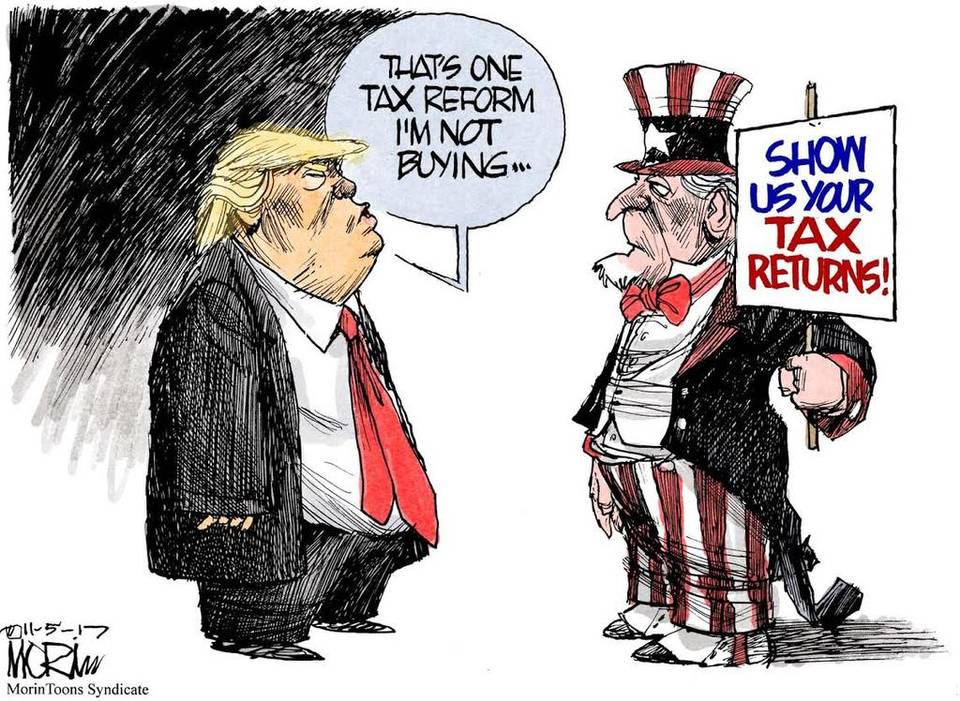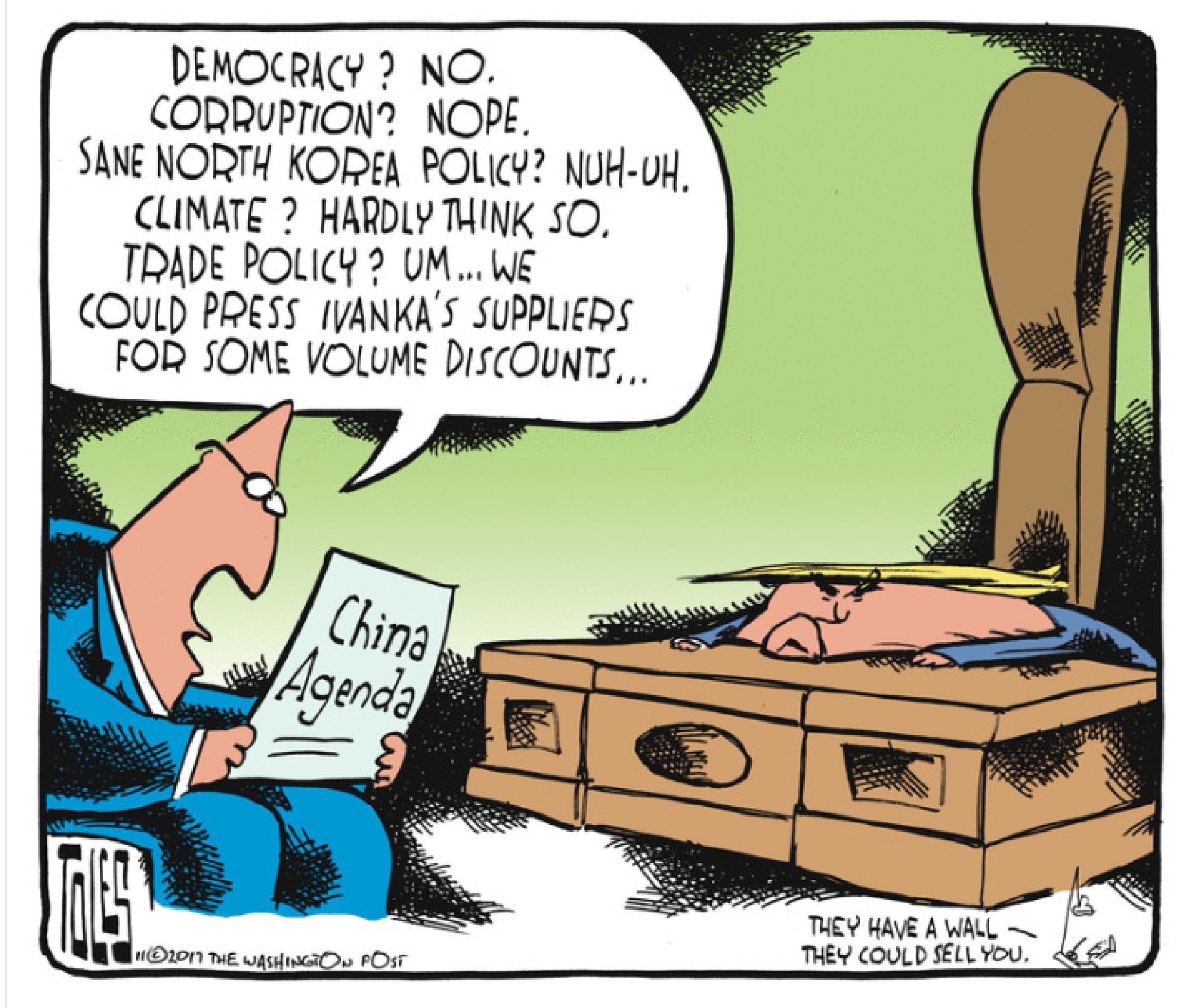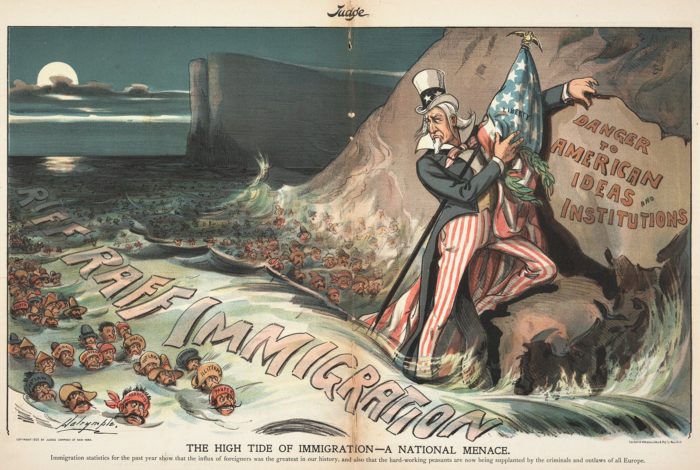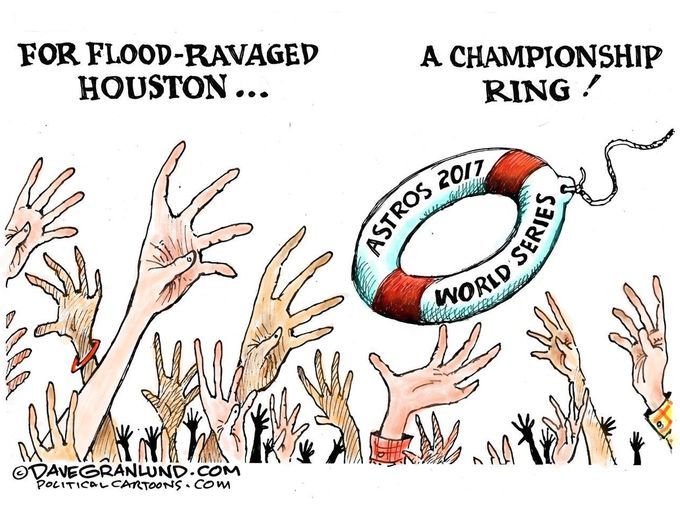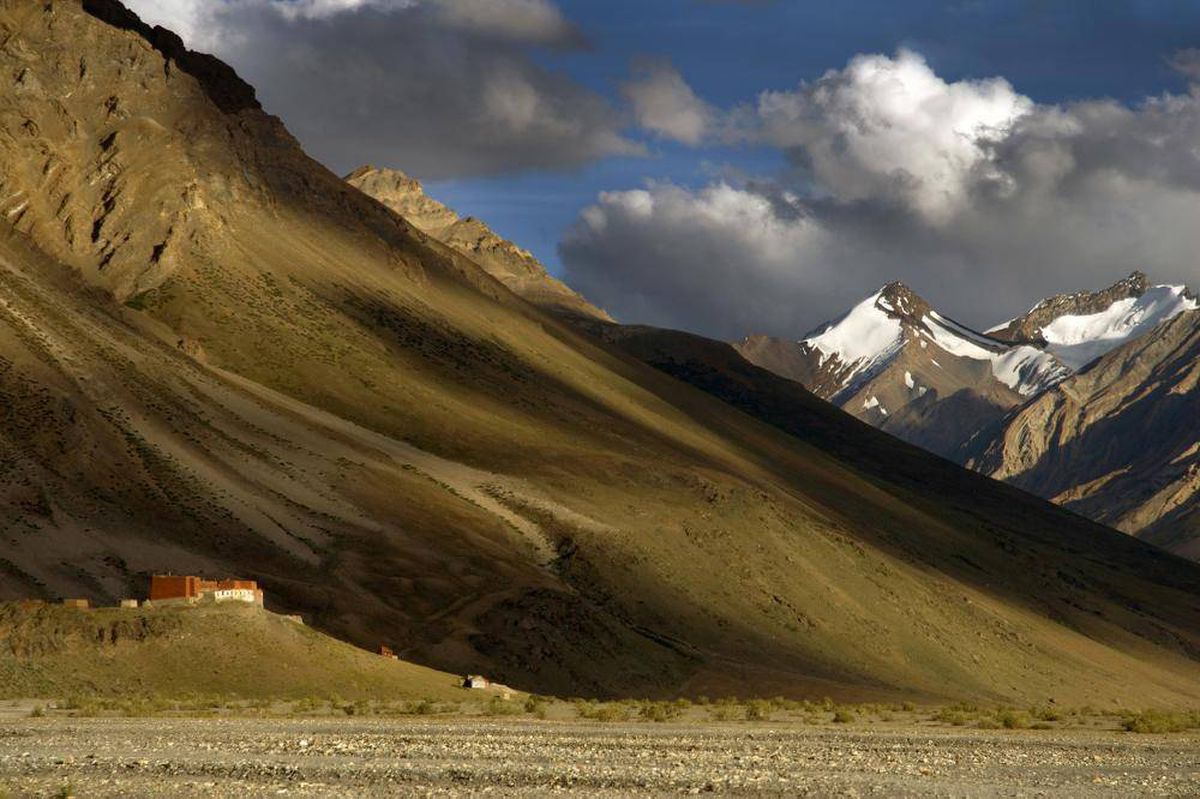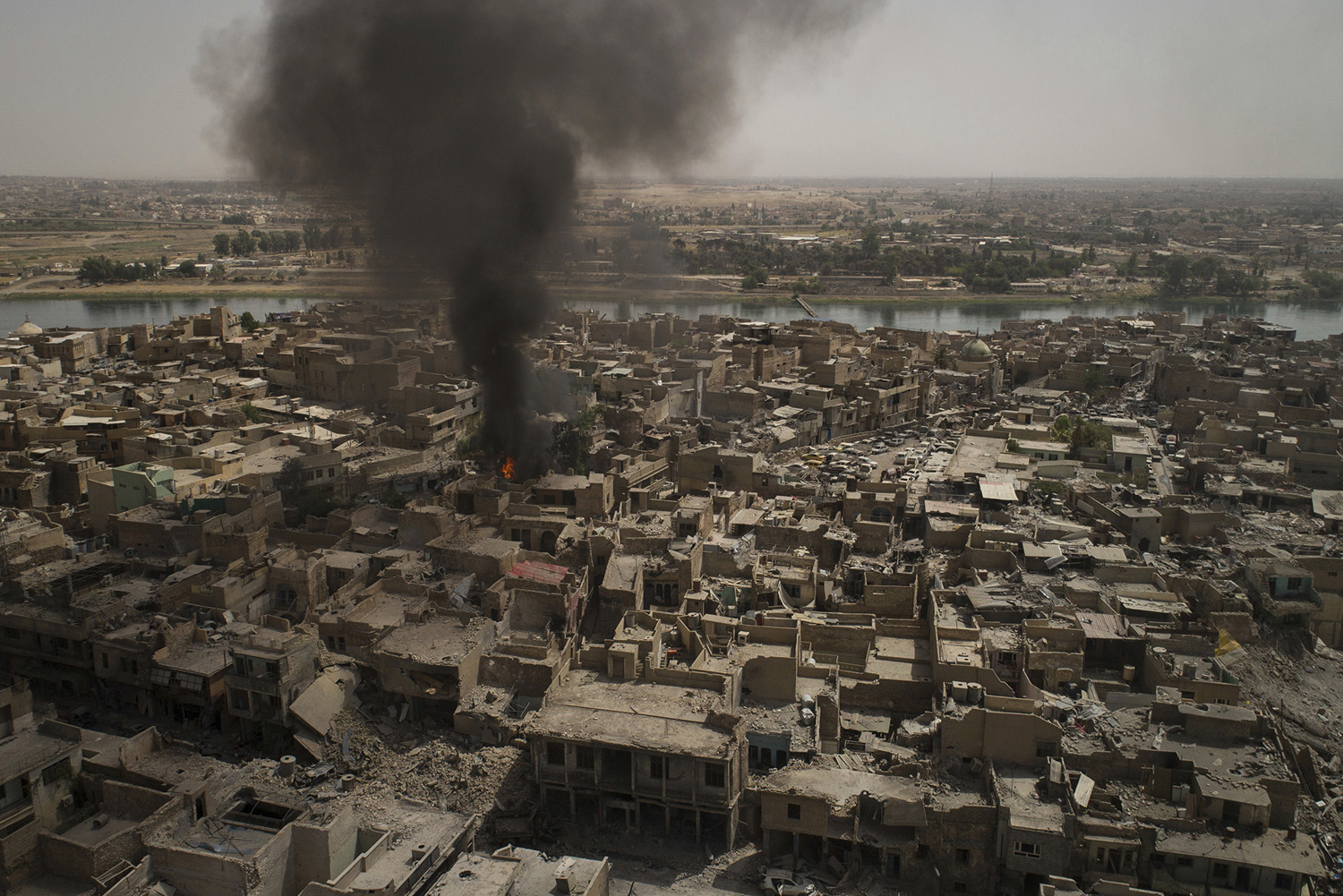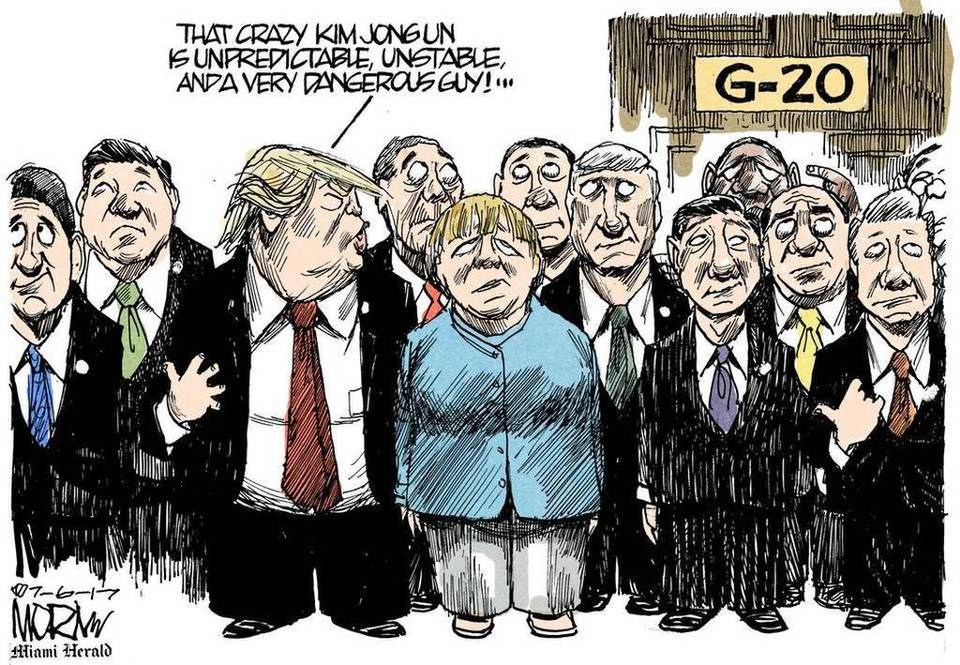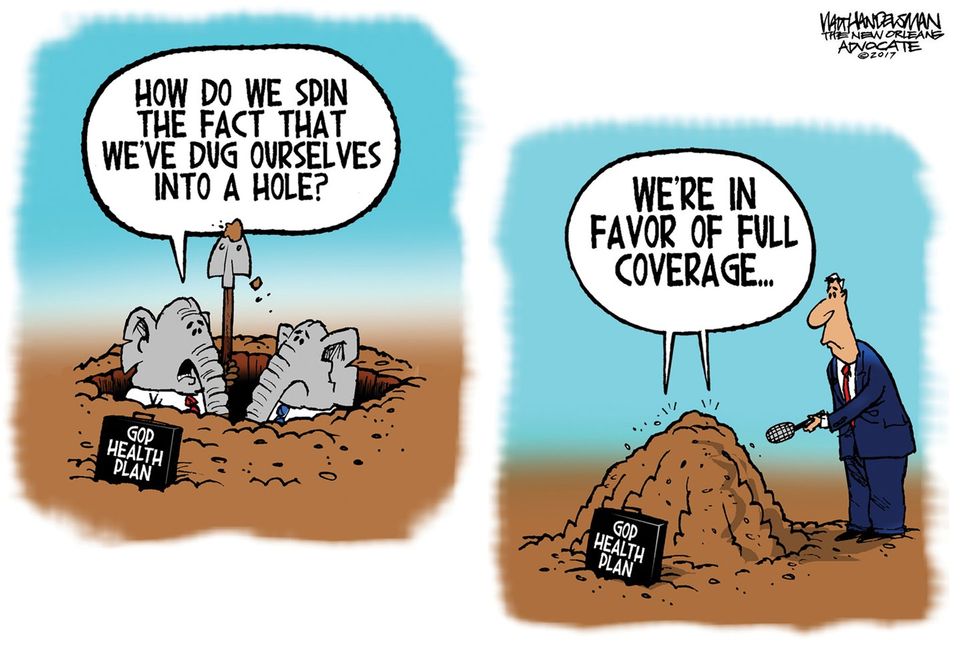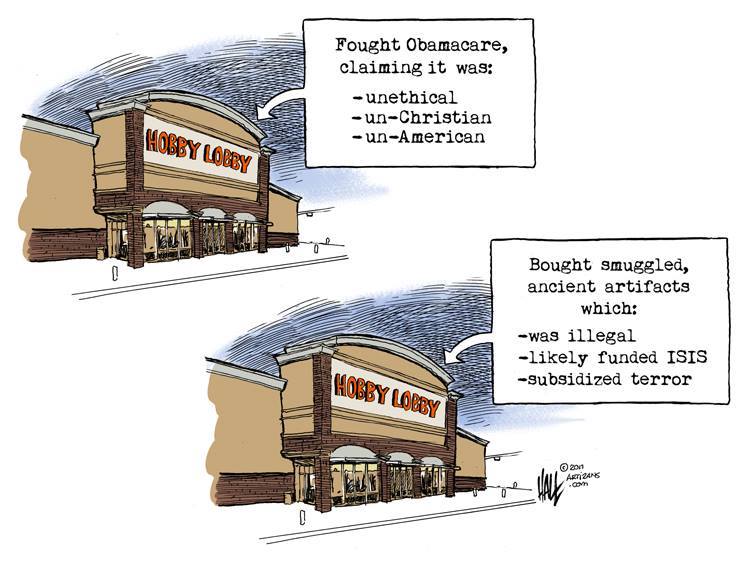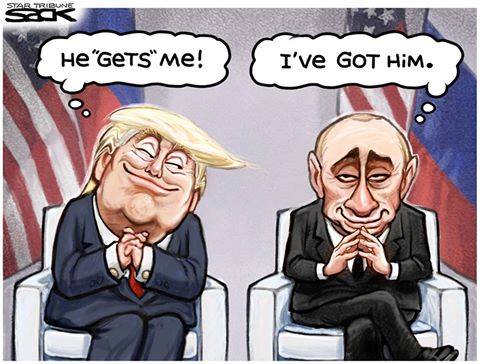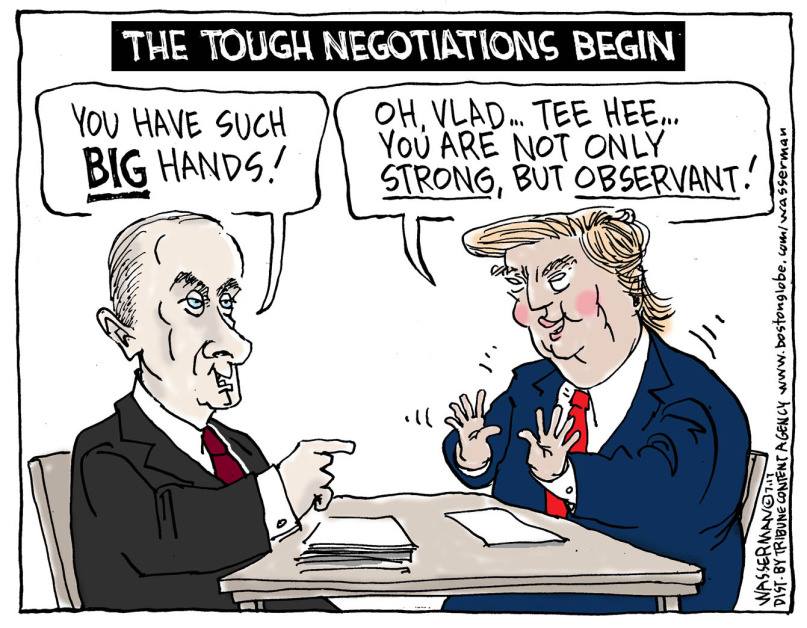Wrongo is not a futurist, or a stock-picker with mad skills. On January 2 2017 he made a series of predictions about the year to come. Let’s see how wrong he was:
- There will be more global political and social turmoil:
- The EU could collapse: That didn’t happen, as Macron soundly defeated LePen. OTOH, Merkel barely survived her election and May lost badly in a wrongly-played attempt to gain a super majority in the UK. Wrongo gets a “D” in this prediction.
- China’s economy is wobbling: and it still is, but a command economy can create its own reality. Wrongo gets a “C”.
- The US will continue to lose influence globally despite “Mr. Unpredictable” becoming our Orange Overlord: Wrongo gets an “A”. From Western Europe to the Middle East and Asia, there is not a single example of where Trump has put America in a position of greater influence in the past year. Except for Israel: they plan to name a train station after him. Think about it, what great man only gets a train station?
- Trump arrives in the Oval Office as an overconfident leader, the man with no plan but with a short attention span, and within six months he will have his first major policy failure: Was his first policy failure the immigration ban? The North Korea diplomatic fiasco? The multiple attempts to repeal Obamacare? Walking out of the Trade Agreement, giving China a free hand in Asia? Give Wrongo an “A”, except that Wrongo added:
This will make him more subdued, more conservative and less populist thereafter.
Trump was less subdued, less populist, and clearly more conservative as he played to his base. Give Wrongo a “B”.
4. The triumvirate of Russia/Turkey/Iran will elbow the US firmly out of the Fertile Crescent, and secure friendly regimes in Damascus and Baghdad. An easy “A”. Wrongo went on to say:
This will push American influence in the Middle East back to just the Gulf States, a weakened Saudi Arabia, and an increasingly isolated Israel.
A home run for Wrongo, but not for America.
- Domestically, drug abuse, suicide, and general self-destructive behavior will continue to climb and become impossible to ignore: Sadly, another “A”. Trump’s declaration of the opioid crisis as a “Health Emergency” was a public relations exercise with no plan about how to truly deal with the crisis. Wrongo also said:
The growing antibiotic resistance to main stream drugs will impact health in the US.
This is very true here, as well as globally. There is no political push to force drug companies to deal concretely with this issue.
6. The Trump stock market rally has already turned into the Santa Selloff: Give Wrongo an “F” on this prediction. While the Dow closed 2016 at 19,719, we are looking to close 2017 above 24,000, up nearly 18% in the past year.
Meta Prediction: Some people who voted for Trump have incompatible outcomes in mind, so it’s a virtual guarantee that a sizable minority are going to feel cheated when they fail to get what they were promised: This was hard to get wrong, so give Wrongo a gentleman’s “C”. Wrongo went on to say:
OTOH, when Trump fails, most of his base will blame anyone but the Donald. The question is, when disillusionment sets in, will the reaction be a turning away, or a doubling down on the anger? Wrongo thinks anger will win out.
An easy “A”.
Here is the part of the prediction that was 100% spot on:
The coming Trump administration will seem like a fractious family outing: Just under half of the family (the “landslide” segment) wanted to take a ride, but now, the whole family has to go. Those who wanted to stay home will sulk in the back seat while Daddy tells them to shut up and stop bitching.
Meanwhile, once we are out of the driveway, it dawns on everyone that Daddy hasn’t decided yet where to go. Everyone pipes up with suggestions, but Daddy again tells everyone to shut up, because it’s his decision alone…Daddy won’t reveal the destination, but insists everyone will love it once they get there, even those who wanted to stay home, those who wanted to go to the beach, and those who wanted to head over the cliff like Thelma and Louise.
2018 predictions will come in the New Year.




